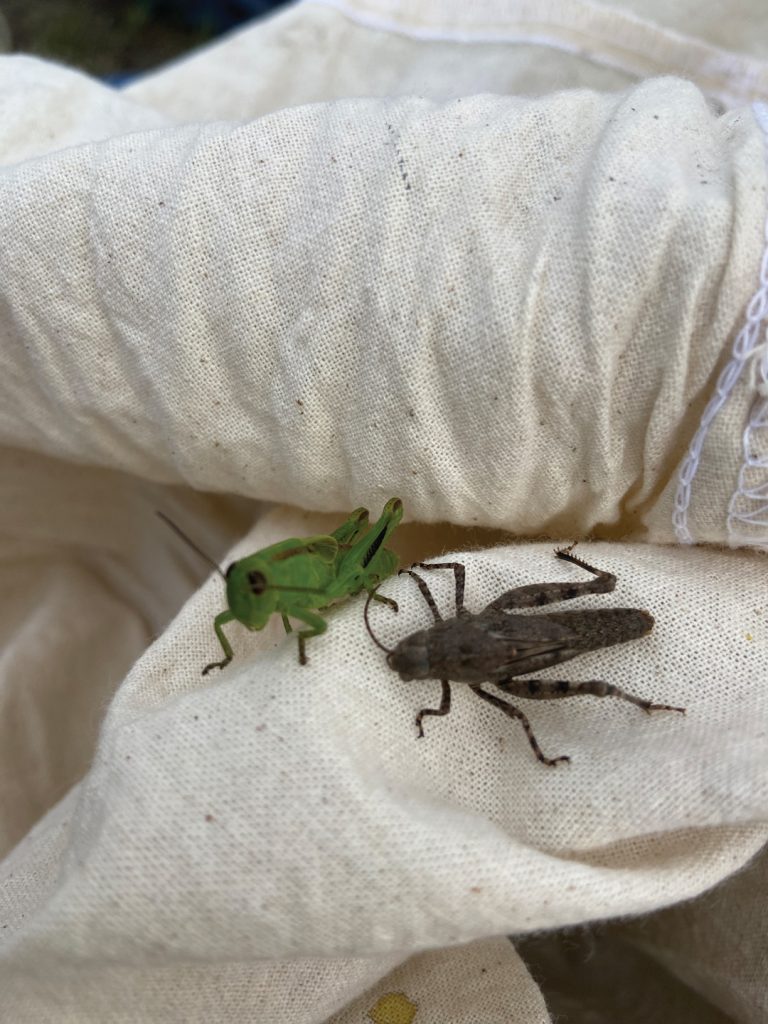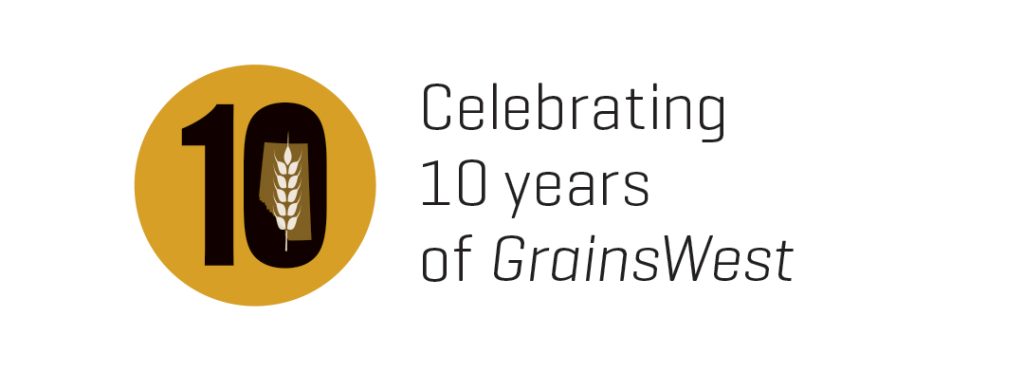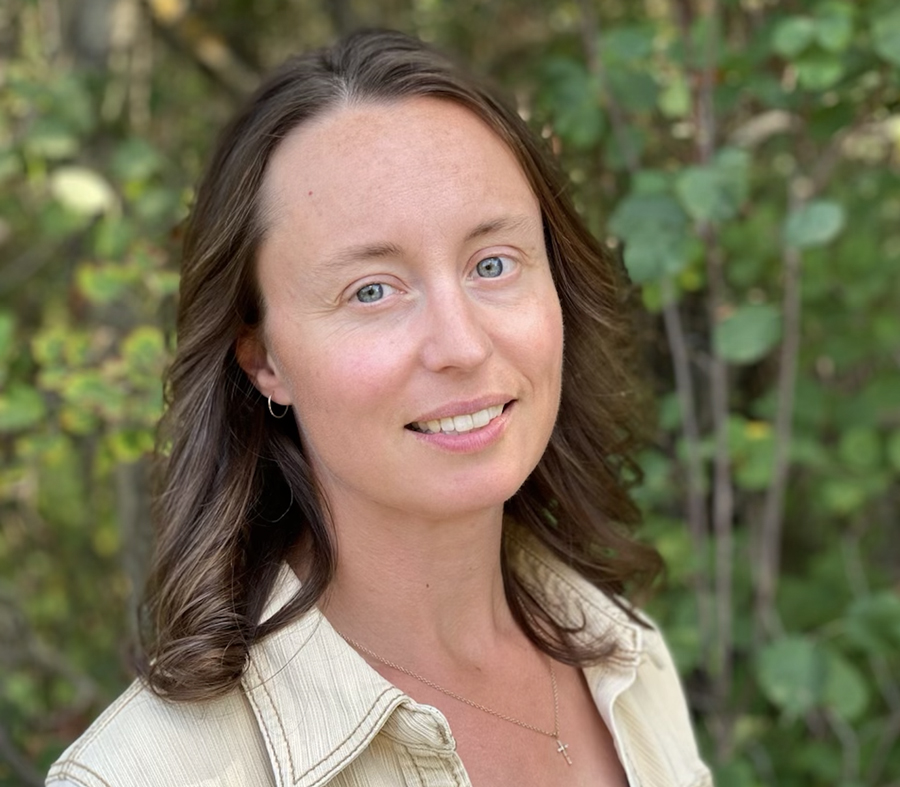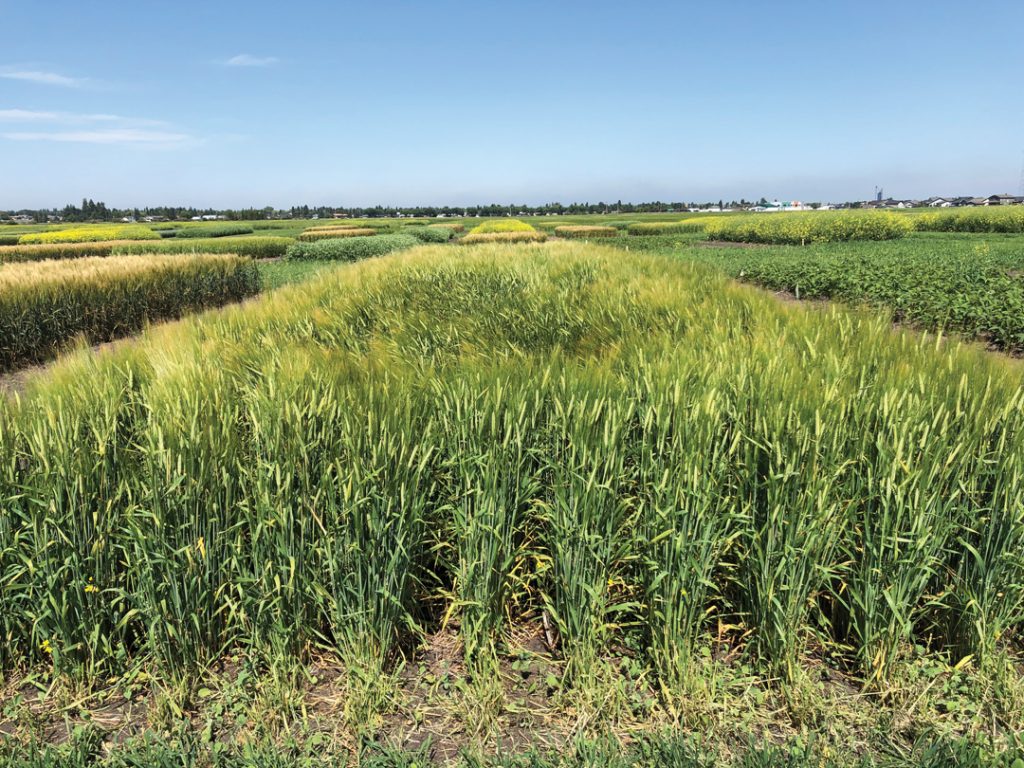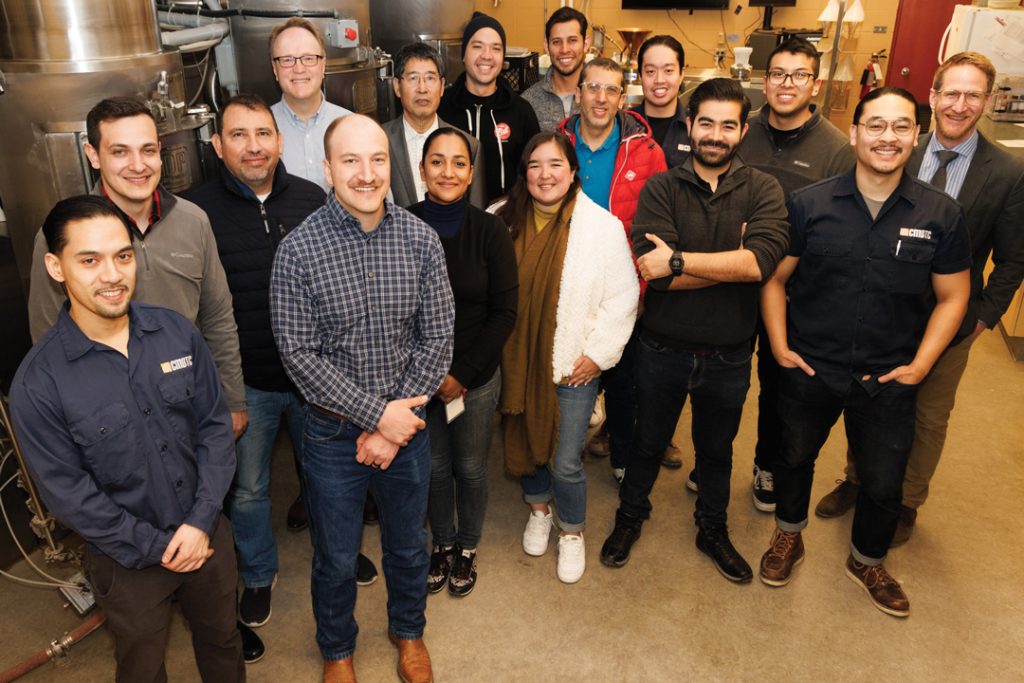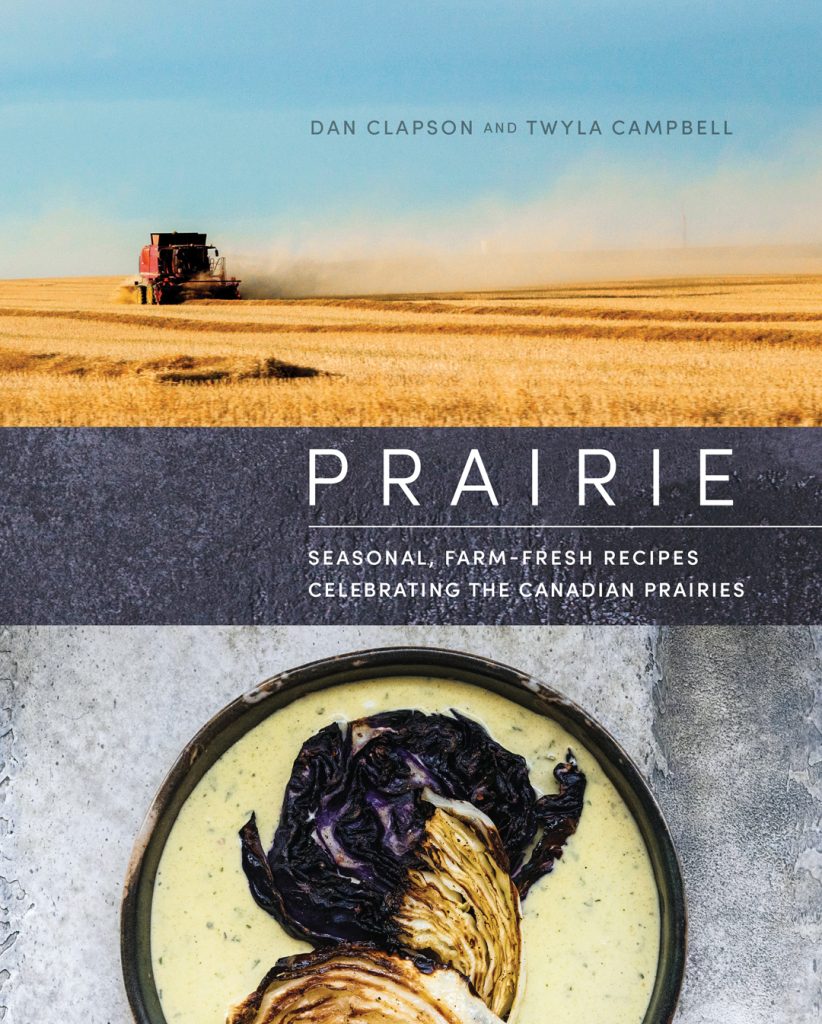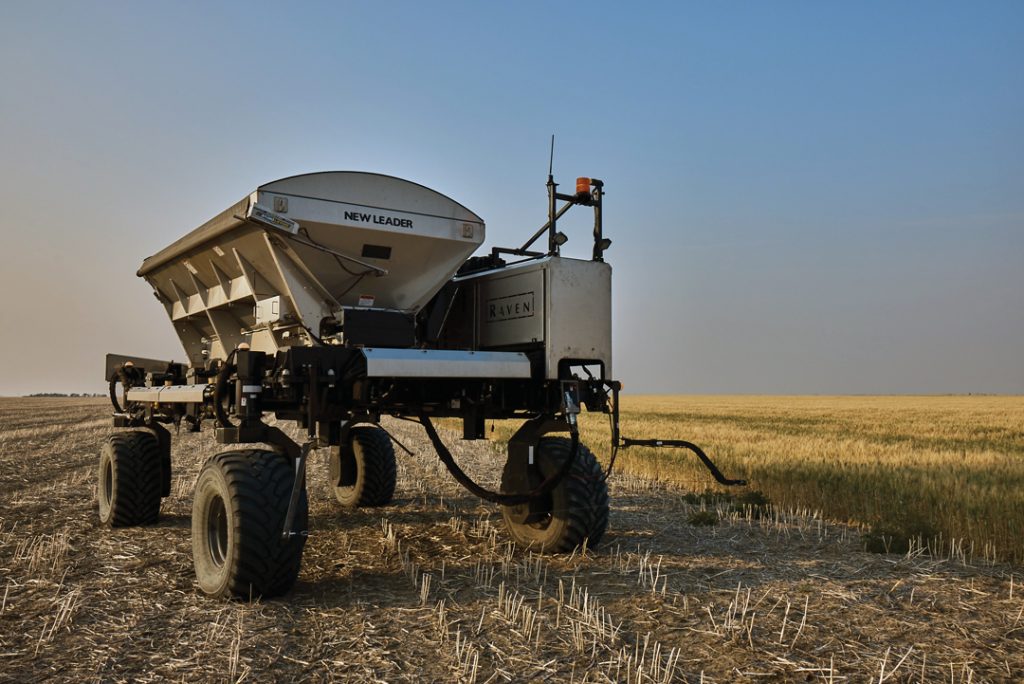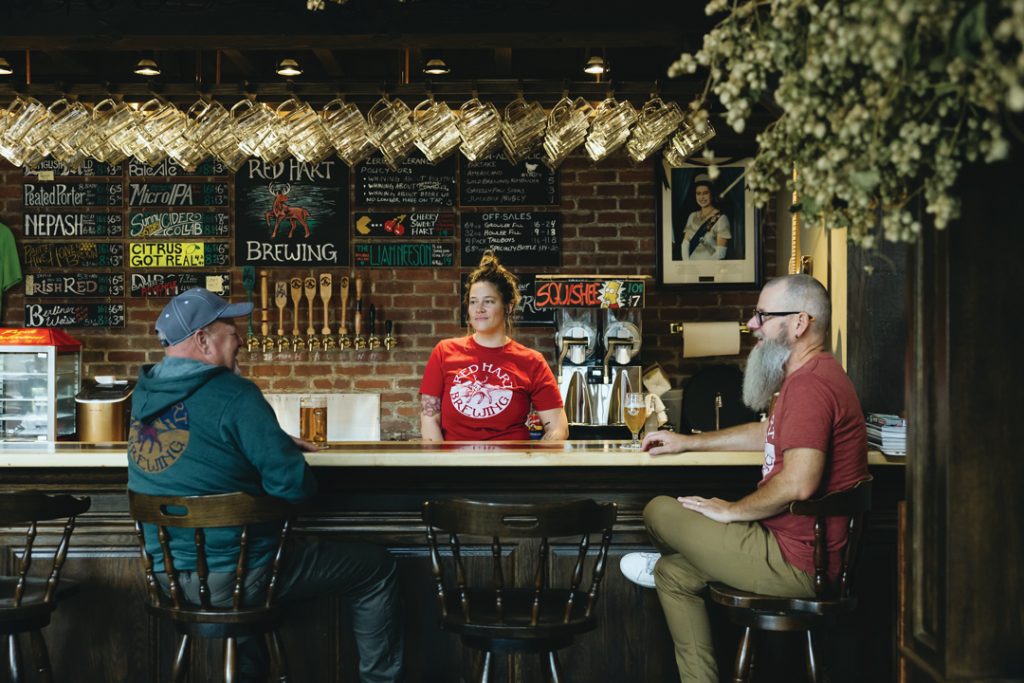AG INSURER TO LAUNCH BMP DISCOUNT PROJECT
Under the latest five-year Sustainable Canadian Agricultural Policy (SCAP) framework, each province must develop its own ag insurance initiative to promote a best management practice (BMP) that produces an environmental benefit while it reduces operational risk. Farmers who employ the practice could receive a benefit through their premium calculations. In Alberta, program development falls to the Agricultural Financial Services Corporation (AFSC), which partners with the provincial and federal governments to create and deliver farm insurance products. “Every province has been given free rein to do whatever they feel is impactful in that province,” said Jesse Cole, AFSC manager of insurance products and product innovation.





